Drippers and Filtration: Incorporating the right drippers and filtration systems into drip irrigation setups optimizes water usage and enhances crop yield. Farmers benefit from selecting appropriate dripper types based on their specific agricultural needs while ensuring robust filtration to maintain system integrity. By understanding these components, growers can implement more efficient and sustainable irrigation practices that contribute to increased productivity and resource conservation.
Drip irrigation is a highly efficient agricultural technique that optimizes water usage by delivering it directly to plant roots, minimizing evaporation and waste. To maximize its effectiveness and longevity, a robust filtration system is crucial.
Importance of Filtration in Drip Irrigation
Filters are essential devices that remove solid particles from liquids, including drinking water and wastewater. In drip irrigation, filters prevent clogging of nozzles and hoses by eliminating unwanted solids. Various filtration methods, such as granular media bed filtration, cartridge filters, and disc filters, are employed to separate suspended particles from the water.
Angled Drip Emitter Stakes specifications
| Iran | Country of origin |
| 13.5 cm | Height |
Spaghetti tube drip irrigation system specifications
| Iran | Country of origin |
| 4 mm | Inner diameter |
| 5&6 mm | Outer diameter |
Benefits of Effective Filtration
Implementing robust filtration systems significantly enhances drip irrigation performance:
- Prevention of Clogging: Filters protect emitters from solid particles, ensuring consistent water delivery and preventing uneven irrigation.
- Improved Water Quality: By removing contaminants, filters enhance the quality of water reaching plants, promoting healthier growth.
- Reduced Maintenance Costs: Efficient filtration minimizes wear on system components, leading to lower maintenance and replacement costs over time.

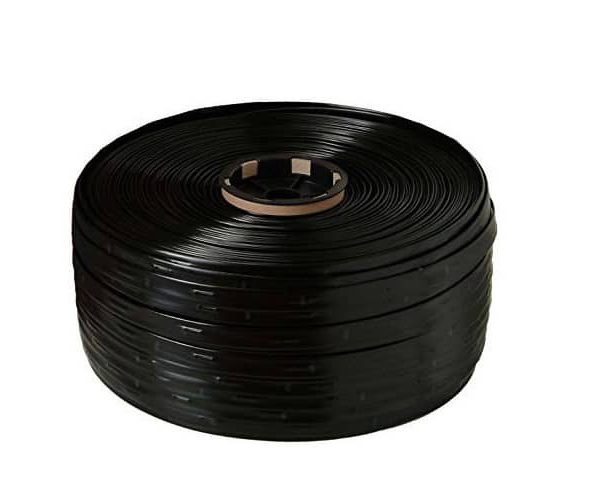
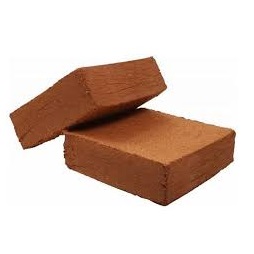
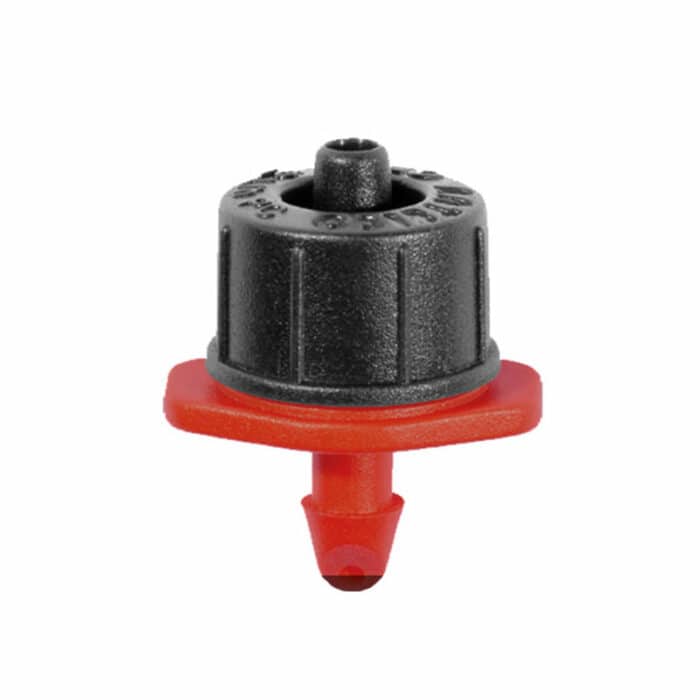
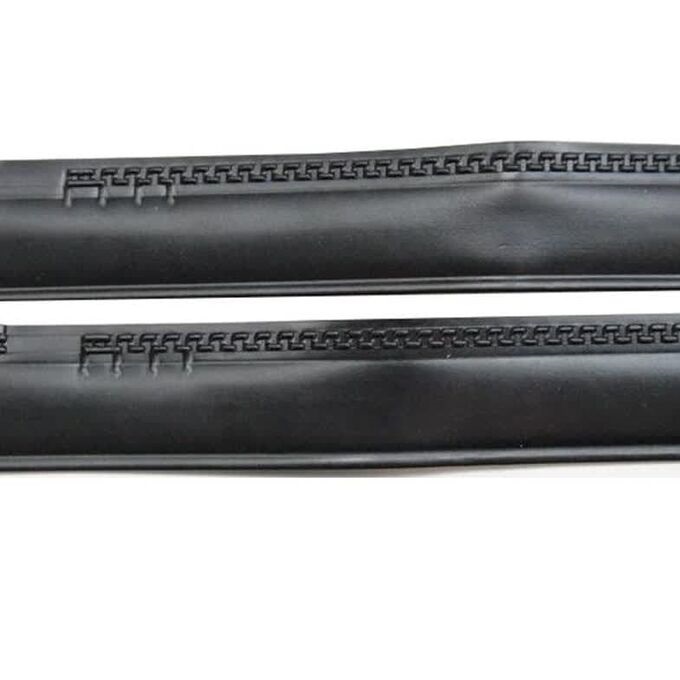
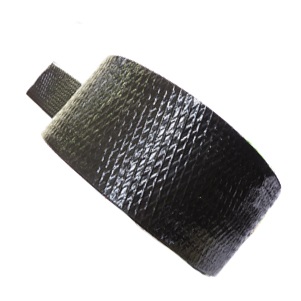
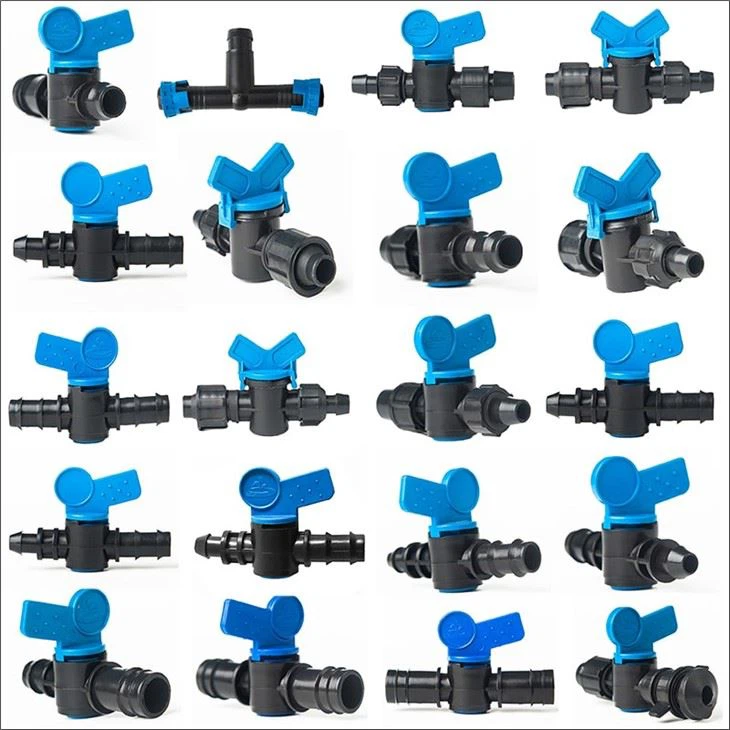
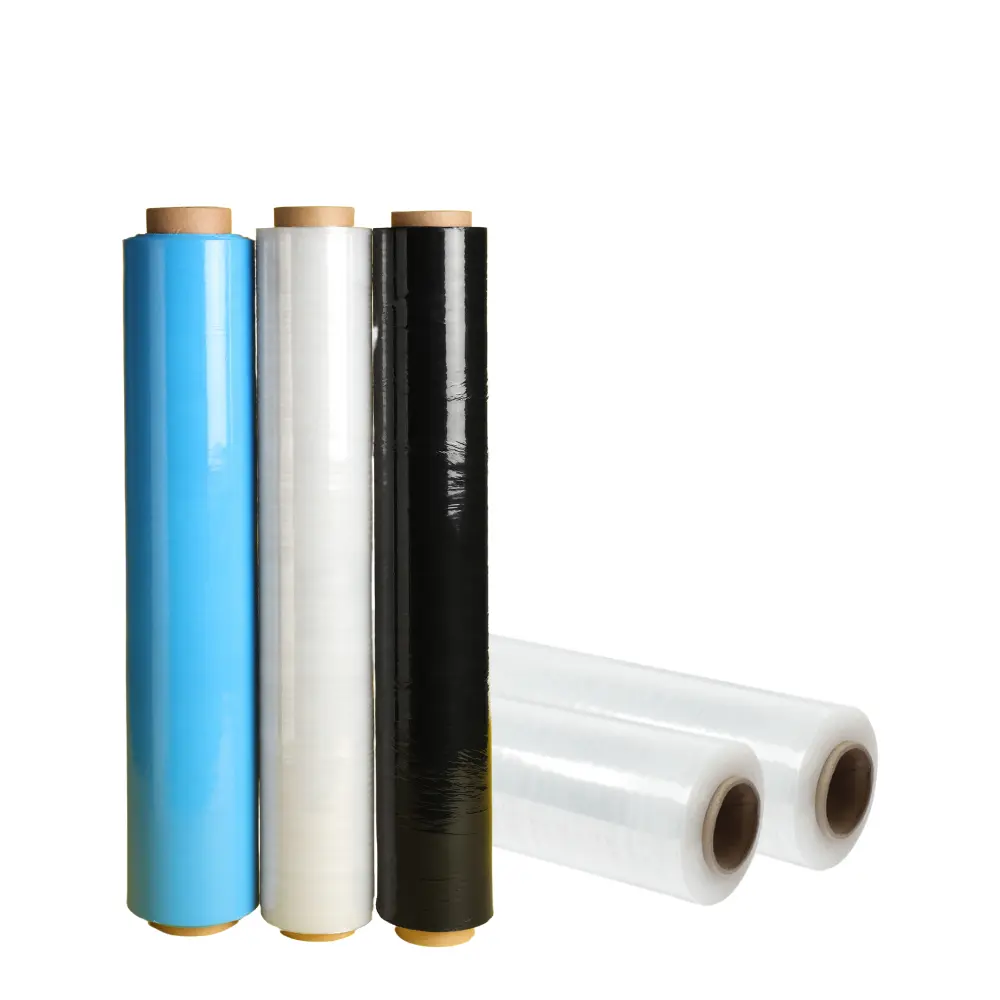
Reviews
Clear filtersThere are no reviews yet.